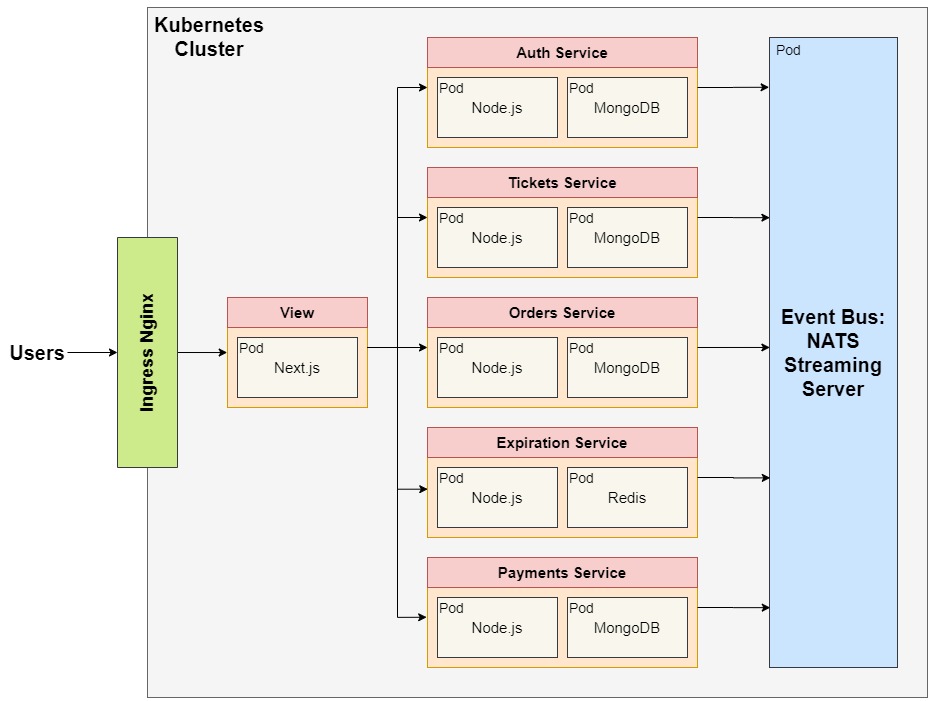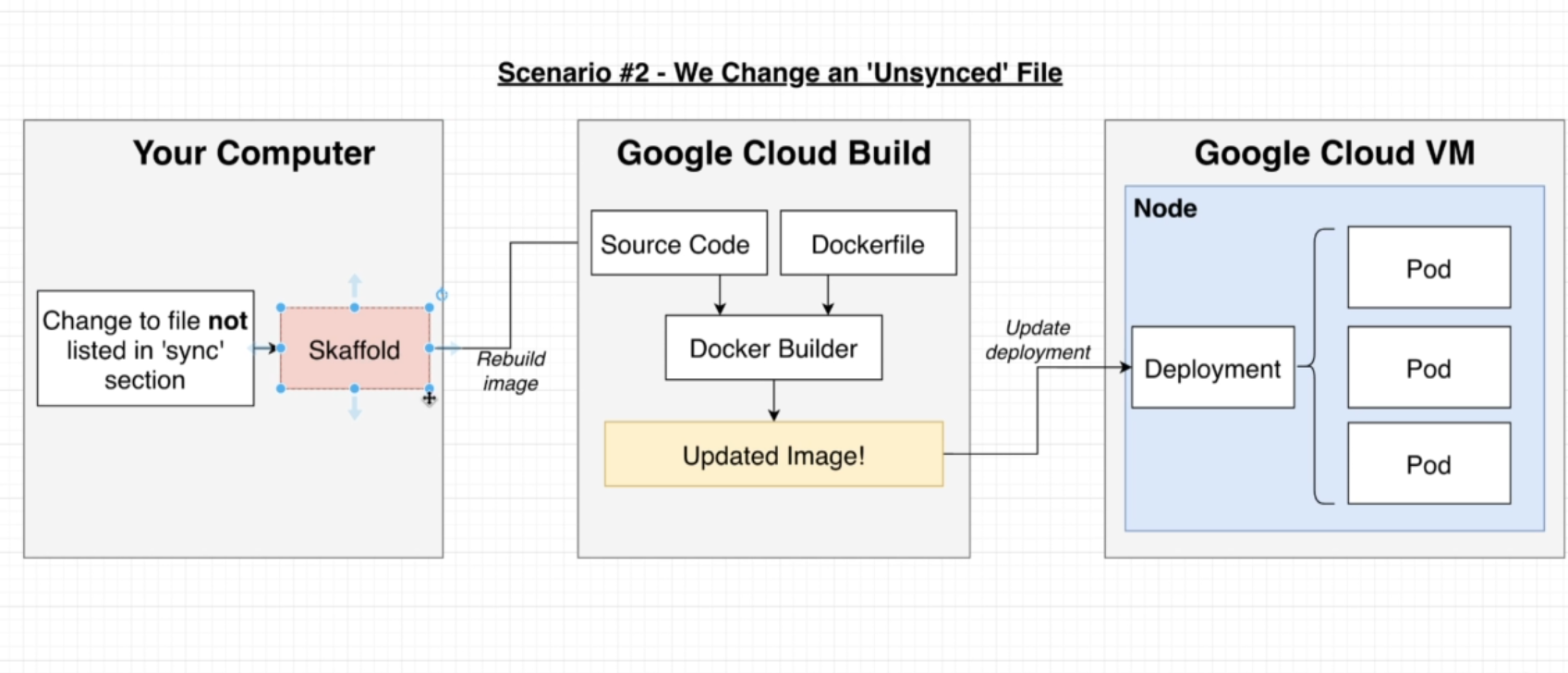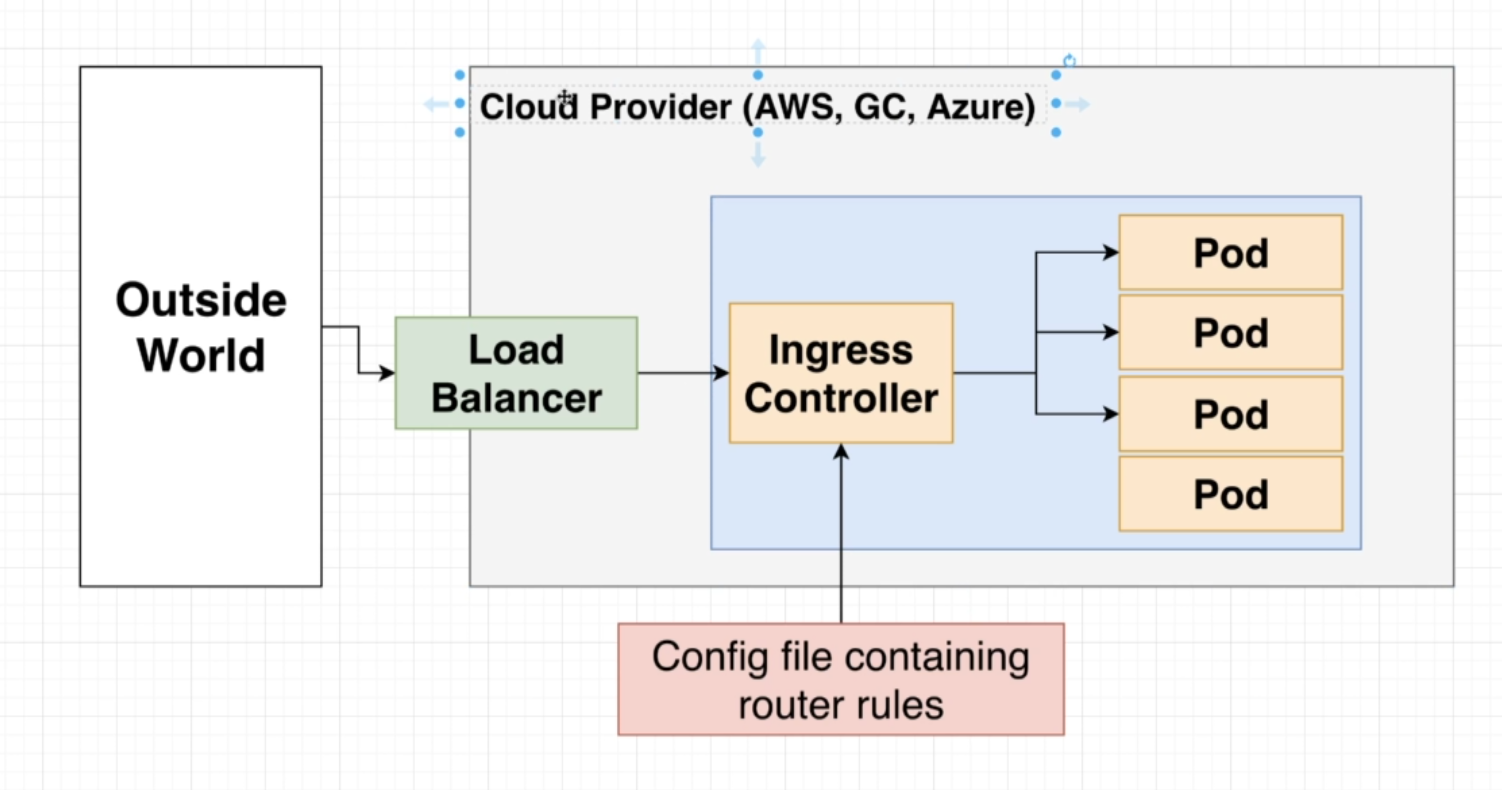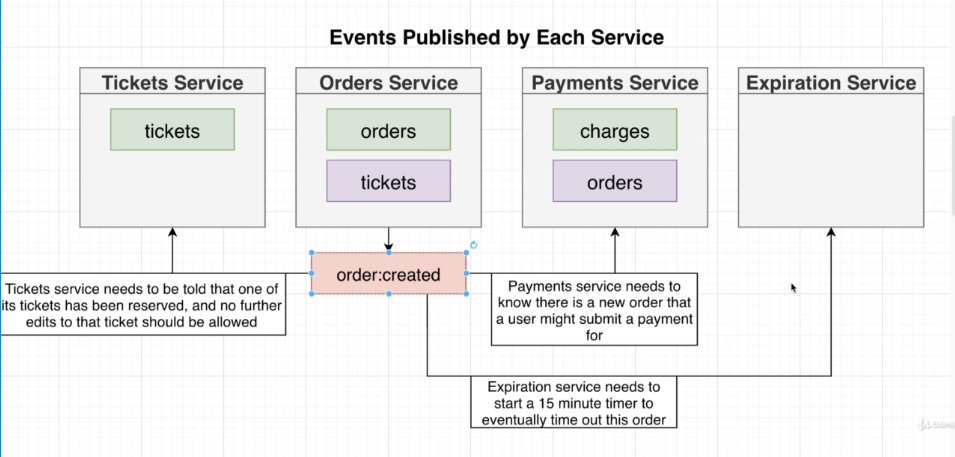https://github.com/iam-abin/ticketingapp-microservice
ticket selling application for different events.
https://github.com/iam-abin/ticketingapp-microservice
docker express-js jest kubernetes microservices mongodb nats-streaming nextjs nodejs reactjs redis
Last synced: 5 months ago
JSON representation
ticket selling application for different events.
- Host: GitHub
- URL: https://github.com/iam-abin/ticketingapp-microservice
- Owner: iam-abin
- Created: 2023-08-30T15:21:48.000Z (about 2 years ago)
- Default Branch: master
- Last Pushed: 2024-06-18T20:55:13.000Z (over 1 year ago)
- Last Synced: 2025-02-17T03:15:51.520Z (8 months ago)
- Topics: docker, express-js, jest, kubernetes, microservices, mongodb, nats-streaming, nextjs, nodejs, reactjs, redis
- Language: TypeScript
- Homepage:
- Size: 9.16 MB
- Stars: 2
- Watchers: 1
- Forks: 0
- Open Issues: 0
-
Metadata Files:
- Readme: README.md
Awesome Lists containing this project
README
## Microservices in MERN: Ticketing Application
### About
This application is built using MERN stack and microservices to be deployed in kubernetes cluster.
Microservices Ticketing Application to sell and buy tickets.
### Functionality
This project is based on Stephen Grider [Microservices Course](https://www.udemy.com/course/microservices-with-node-js-and-react/), where the users can sell and buy tickets for entertaiment events.
### Architecture

### Overall Function

### App Connection

### NATS Services

### Application Features and Microservices List:
- Authentication // User Auth
- Tickets // Selling Tickets
- Orders // Creation and Editing
- Expiration // Orders Monitoring and Expiration
- Payment // Credit Card Payments
## Tech Stack
The list of the main techs used in this project.
### Backend
- [Node.js](https://nodejs.org/en/)
- [Typescript](https://www.typescriptlang.org/)
- [Express](https://expressjs.com/)
- [NATS Streaming Server](https://docs.nats.io/nats-streaming-concepts/intro)
- [Mongo](https://www.mongodb.com/)
- [Mongoose](https://mongoosejs.com/)
- [Redis](https://redis.io/)
- [JWT - Json Web Tokens](https://jwt.io/)
- [Stripe for Payments](https://stripe.com/)
- [Ingress Nginx](https://kubernetes.github.io/ingress-nginx/)
- [Docker](https://www.docker.com/)
- [Kubernetes](https://kubernetes.io/)
### Frontend
- [Next.js](https://nextjs.org/)
- [React](https://pt-br.reactjs.org/)
### CI/CD
- [Github](https://github.com/)
- [Github Actions](https://github.com/features/actions)
### Hosting
- [Digital Ocean](https://www.digitalocean.com/products/kubernetes/)
### Run Locally: Minikube (default dev environment)
```
### Install docker, kubectl, etc.
### Instal minikube
$ curl -Lo ./kind https://kind.sigs.k8s.io/dl/v0.14.0/kind-linux-amd64 && chmod +x ./kind && sudo mv ./kind /usr/local/bin/kind
### Create cluster (CNI=Calico, Enable ingress)
cd infra/KIND/
kind create cluster --name ticketing --config cluster-config.yaml
kind get kubeconfig --name="ticketing" > admin.conf
export KUBECONFIG=./admin.conf
kubectl apply -f https://docs.projectcalico.org/manifests/calico.yaml
kubectl -n kube-system set env daemonset/calico-node FELIX_IGNORELOOSERPF=true
kubectl apply -f https://raw.githubusercontent.com/kubernetes/ingress-nginx/main/deploy/static/provider/kind/deploy.yaml
### Set environmental variables inside your kubernetes cluster (example)
kubectl create secret generic jwt-secret --from-literal=JWT_KEY=thisissupersecretjwtkey
kubectl create secret generic stripe-secret --from-literal STRIPE_KEY=sk_test_51dsfHjfSGCqMWa1qdglqmD9HYWyp1cvvUC4FoYEXW0mAkV8t8P0Kx26VY4psazschjhZF8juqAvuuaU19Iwwadbx4ZKce00hcIwBHN
kubectl create secret generic stripe-pub-key --from-literal NEXT_PUBLIC_STRIPE_PUBLISHABLE_KEY=sk_test_51HjfSGCqMWa1qdglqmD9HYWyp1cvvUC4FoYEXW0mAkV8t8P0Kx26VY4psazschjhZF8juqAvuuaU19Iwwbx4ZKce00hcIwBHN
### Deploy all services
kubectl apply -f infra/k8s/
kubectl apply -f infra/k8s-dev/
### Get IP address to access your application
$ kubectl get ingress
NAME CLASS HOSTS ADDRESS PORTS AGE
ingress-srv ticketing.dev localhost 80 42m
### Setup /etc/hosts
$ grep ticket /etc/hosts
127.0.0.1 ticketing.dev
Open your browser and type http://ticketing.dev.
```
Snapshot of Application:





### Run Locally: minikube
```
### Install and run minikube and docker
minikube start
sudo service docker start
### Add ingress nginx addon
minikube addons enable ingress
### Install ingress nginx using bare-metal yaml file
kubectl apply -f https://raw.githubusercontent.com/kubernetes/ingress-nginx/controller-v0.41.0/deploy/static/provider/baremetal/deploy.yaml
### Set environmental variables inside your kubernetes cluster(example)
kubectl create secret generic jwt-secret --from-literal=JWT_KEY=thisissupersecretjwtkey
kubectl create secret generic stripe-secret --from-literal STRIPE_KEY=sk_test_51HjfSGCqMWa1qdglqmD9HYWyp1cvvUC4FoYEXW0mAkV8t8P0Kx26VY4psazschjhZF8juqAvuuaU19Iwwbx4ZKce00hcIwBHN
kubectl create secret generic stripe-pub-key --from-literal NEXT_PUBLIC_STRIPE_PUBLISHABLE_KEY=sk_test_51HjfSGCqMWa1qdglqmD9HYWyp1cvvUC4FoYEXW0mAkV8t8P0Kx26VY4psazschjhZF8juqAvuuaU19Iwwbx4ZKce00hcIwBHN
### Deploy all services
kubectl apply -f infra/k8s/
kubectl apply -f infra/k8s-dev/
### Get IP address to access your application
$ kubectl get ing
NAME CLASS HOSTS ADDRESS PORTS AGE
ingress-srv ticketing.dev localhost 80 42m
### Setup /etc/hosts
$ sudo nano /etc/hosts
127.0.0.1 ticketing.dev
### Open your browser and type http://ticketing.dev
```
Snapshot of Application (see above)
### Run Locally: Docker Desktop
### Pre-Requirements Installations
- [Docker Desktop](https://docs.docker.com/get-docker/)
- Enable Kubernetes in the Docker Desktop
- [Install Ingress Nginx](https://kubernetes.github.io/ingress-nginx/deploy/)
- [Install Skaffold](https://skaffold.dev/docs/install/) - Optional
- [Create a Stripe Account](https://dashboard.stripe.com/register) - Optional
- Add ticketing.dev to your hosts file pointing to 127.0.0.1 (Mac & Linux /etc/hosts and Linux)
```
### Create the required secrets (example)
kubectl create secret generic jwt-secret --from-literal=JWT_KEY=thisissupersecretjwtkey
kubectl create secret generic stripe-secret --from-literal STRIPE_KEY=sk_test_51HjfSGCqMWa1qdglqmD9HYWyp1cvvUC4FoYEXW0mAkV8t8P0Kx26VY4psazschjhZF8juqAvuuaU19Iwwbx4ZKce00hcIwBHN
kubectl create secret generic stripe-pub-key --from-literal NEXT_PUBLIC_STRIPE_PUBLISHABLE_KEY=sk_test_51HjfSGCqMWa1qdglqmD9HYWyp1cvvUC4FoYEXW0mAkV8t8P0Kx26VY4psazschjhZF8juqAvuuaU19Iwwbx4ZKce00hcIwBHN
Note: If you have Stripe Account
kubectl create secret generic stripe-secret --from-literal STRIPE_KEY=
If you don't have a Stripe Account
kubectl create secret generic stripe-secret --from-literal STRIPE_KEY=123456
#### Skaffold (Optional)
# If Skaffold is installed
skaffold dev
If Skaffold is not installed
kubectl apply -f infra/k8s-dev
kubectl apply -f infra/k8s
### Setup /etc/hosts
$ grep ticket /etc/hosts
127.0.0.1 ticketing.dev // we can add minikube ip instead of localhost ip(127.0.0.1)
### Open your browser and type http://ticketing.dev
```
Snapshot of Application (see above)
### Notes: skafold/etc.
```
Download Skafold (Refer to https://skaffold.dev/docs/install/)
Open a console for each microservice:
Run `npm install` for the dependencies
Inside each console run `docker build -t your-docker-id/microservice-name .` to create an image
Run `docker push your-docker-id/microservice-image` for each image you created to push them to Docker Hub
Go to each .yaml file inside ./infra and change all davarski references to your-docker-id
Open a console inside the root folder and run `skaffold dev`, this will run all the deployment config files
If the first time fail, shut it down a re-run it
Add 127.0.0.1 ticketing.dev on the last line of your hosts file
Open a web browser and go to ticketing.dev, the react app should be running
```
### Clean (KIND example)
```
kubectl delete cluster --name=ticketing
```